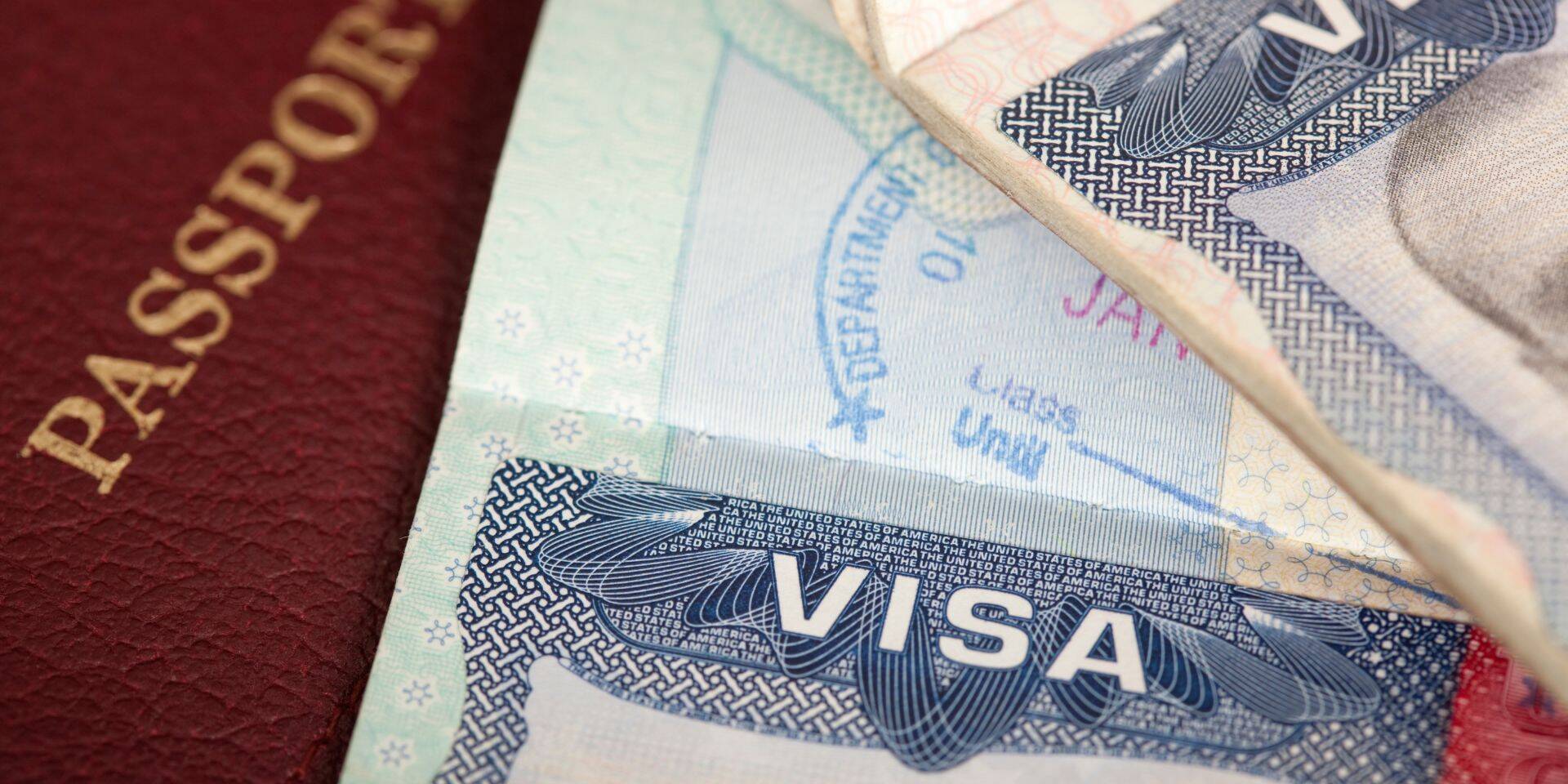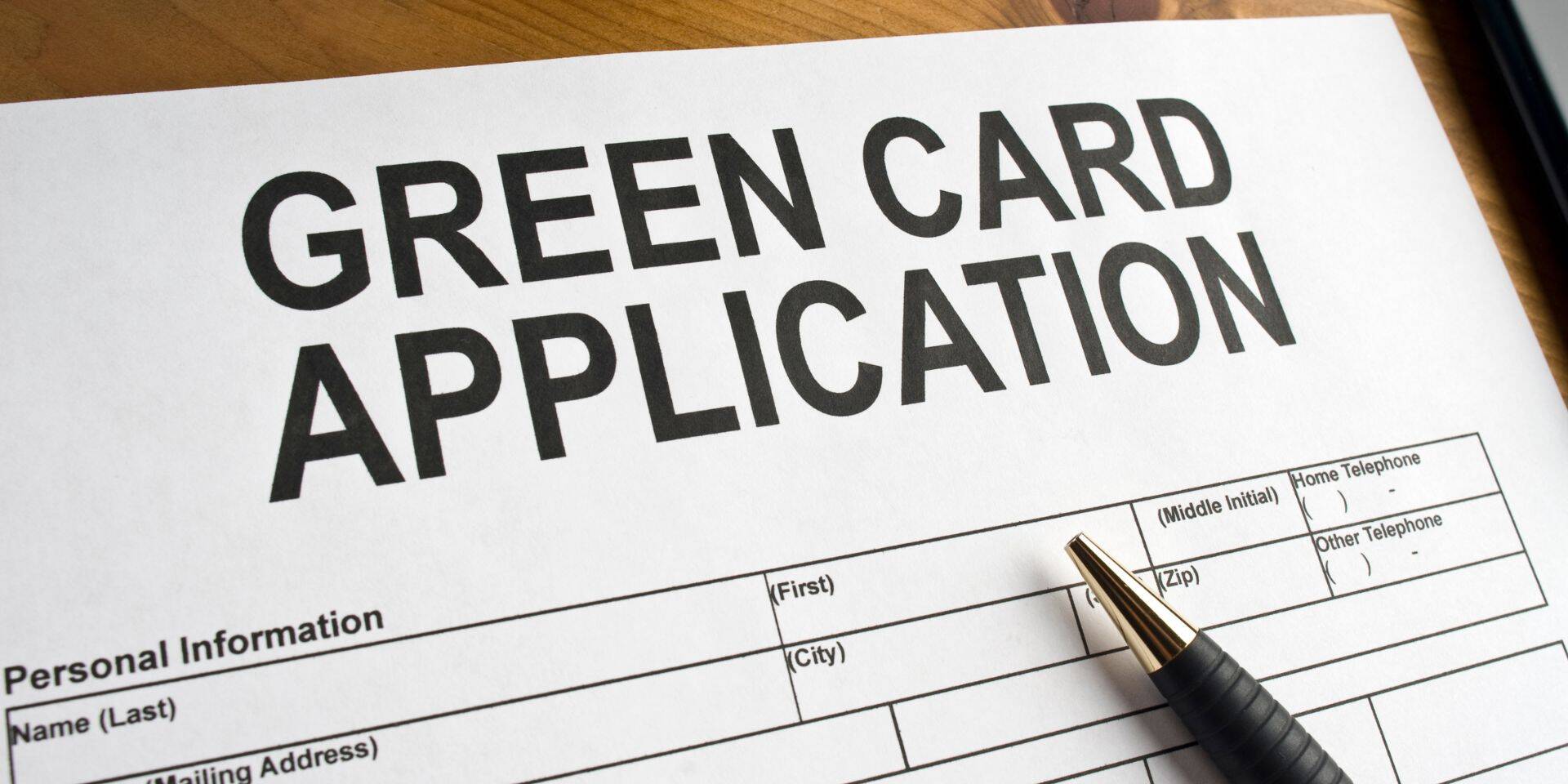U.S. Citizenship and Immigration Services (USCIS) must face a Canadian EB-5 investor lawsuit claiming an excessive delay in the processing of their green card, per a federal court. The investor initially filed their petition based on an investment made in accordance with the EB-5 Foreign Investor program in October 2019. The court found USCIS unreasonably delayed the adjudication of the person’s I-526 Immigrant Investor Petition, which must be approved prior to applying for the EB-5 green card.
USCIS recently prioritized petitions for investors from underrepresented countries, like Canada. Further, the individual and court found that USCIS processing times have increased substantially, although applications have slowed. As USCIS has not provided an explanation as to why processing times have increased, the court found the timelines unreasonable.
The EB-5 program offers qualifying investors from foreign countries the option to apply for a green card in the U.S. based on their investment in creating domestic jobs. The EB-5 program has been the subject of ongoing review and updates.
USCIS moved to stop the investor’s lawsuit based on Canada being their home country as one of the elements causing the delay.
The court denied the motion to eliminate the lawsuit. The lawsuit should move forward to provide some factual record of the adjudication process to determine if processing times are reasonable or not. The court reinforced the fact that Congress told USCIS to change their application fees so petitions could be fully processed within a 240-day turnaround period. While that timeline is not legally binding, it does indicate that Congress expects USCIS to timely process petitions within this time frame.
If you have questions about the EB-5 program, issues with green card delay, or any other immigration-related issue, contact us at ILBSG. We work with our clients in their specific situations to ensure they get the right advice to reach their goals.
Related Posts
March 25, 2025
ICE Reinstates No Release Policy Amid Federal Judge Order
A group of New York attorneys claims…



